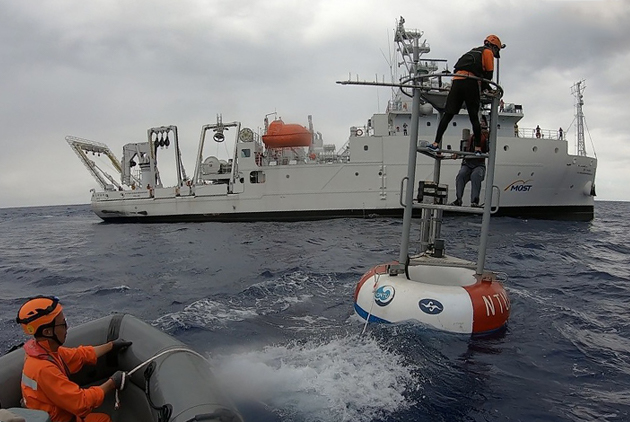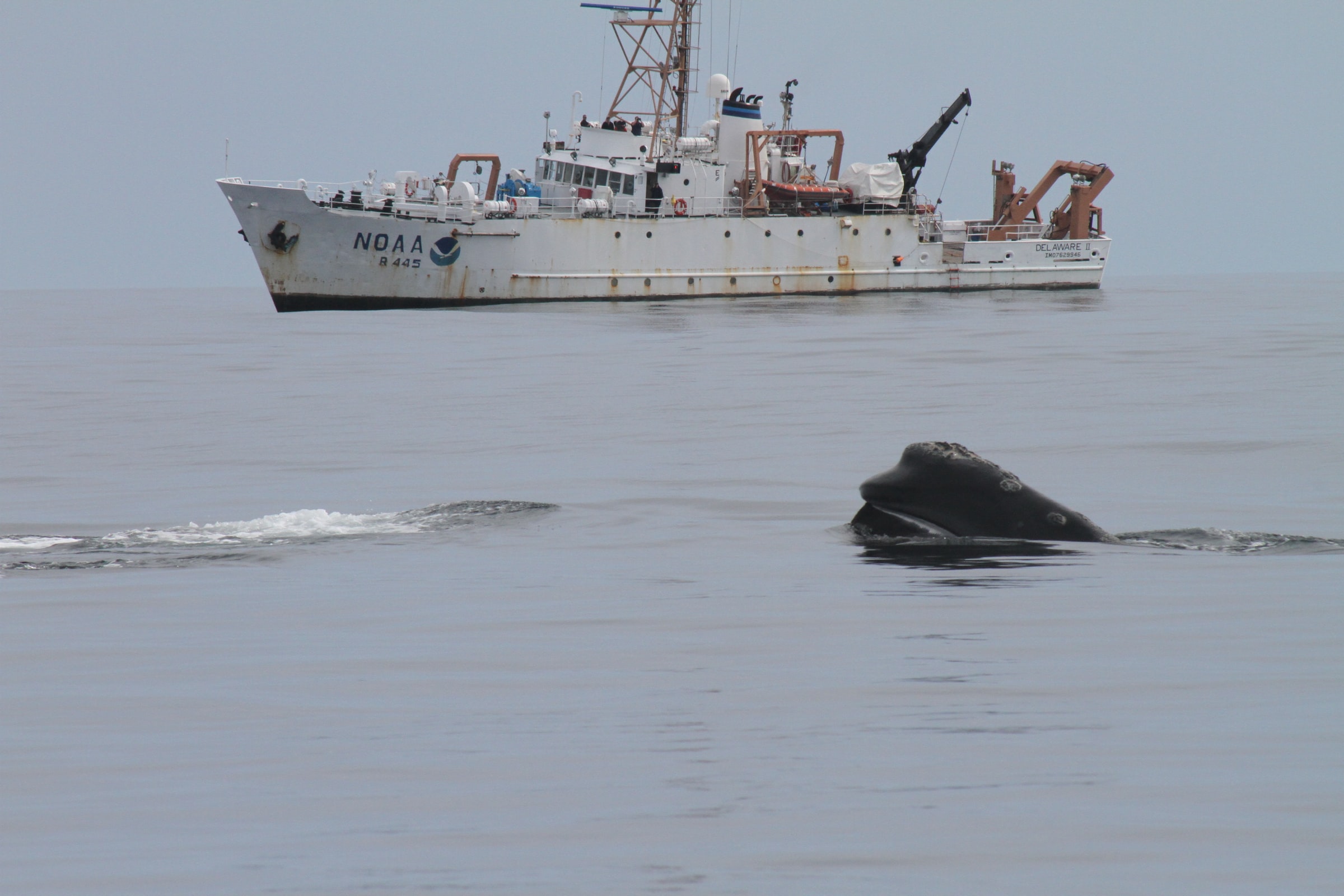
From Institute of Oceanography, National Taiwan University by Linwood Pendleton
The ocean works at a global scale.
To understand changes at a global scale, we need to ensure that ocean data are readily available in global data sets.
Unfortunately, ocean data are often siloed – trapped in national databases, on laptops, and in logbooks.
How does Ocean Data For All solve the problem?
We have only one ocean
The Ocean supplies the air we breathe, regulates the climate, feeds billions of people, and supports an important and growing global economy.
There are 150 ocean countries, 83 of which are more ocean than land.
To manage this ocean, we need a robust global set of ocean data from all of this ocean.
Ocean data are used to monitor oceanic and climatic change, to assess fisheries health, to track biodiversity, and to alert the public of hazards like harmful algal blooms.
These data also are used to create models to warn of storms and tsunamis, changes in fish abundance, and to plan for ocean change.
Ocean data and the science needed to produce them are essential to plan for sustainable development and are so important that the United Nations declared that the next decade will be the UN Decade of Ocean Science for Sustainable Development.
“The ocean works at a global scale. To understand changes at a global scale, we need to ensure that ocean data are readily available in global data sets. Artificial intelligence and machine learning methods are needed to understand and predict global ocean processes. Yet, AI can only be applied if the data are all in one place, organized and easy to read by computers.”
Unfortunately, ocean data are often siloed – trapped in national databases, on laptops, and in logbooks.
Even when data are shared online, it is often difficult to find and access these online databases.
The United Nation’s Intergovernmental Oceanographic Commission has long been a home to such a global database of ocean data.
Stewarded by the International Ocean Data and Information Exchange, the World Ocean Database (WOD) and the Ocean Biodiversity Information System (OBIS) have provided global sources of ocean data.
But, even with the backing of most of the world’s ocean countries, the WOD and OBIS still do not fully reflect ocean conditions around the planet.
 Head of northern right whale with NOAA Ship DELAWARE II in background.
Head of northern right whale with NOAA Ship DELAWARE II in background. We don’t have the global data we need to manage the ocean
Today, fewer than 30 countries regularly contribute to the World Ocean Database – the oldest and most global set of essential ocean data (compared to more than 60 countries just 2 decades prior).
In 2018, the World Ocean Database had fewer than one data station per 1000 km2 for nearly three-quarters of the world’s coastal waters (the blue in the first map).
Without these data, global ocean and climate models do not account for conditions in many of the world’s sovereign ocean areas and we are unable to assess the impacts of climate change or progress towards certain Sustainable Development Goals.
Data regarding biodiversity are similarly lacking (second map).
We have a higher density of biodiversity data for Antarctic waters than for nearly all of the Global South.
“Barriers to data sharing must be removed.
Many countries have ocean data, but do not share these data.
In some cases, lack of human, technical, and financial capacity may limit data sharing.
Formal policies and informal practices may also slow data flow.
National security interests, real or perceived, may prevent ocean data sharing.
Of course, in some places there are simply no data to share.”
With more than 120 ocean countries failing to regularly share ocean data and virtually no shared data for the vast majority of ocean countries, steps need to be taken to fill the gaps in our understanding of ocean conditions and change.
Without these data, it will be difficult to achieve sustainable development goals and a sustainable blue economy.
To begin to address these hurdles to ocean data sharing, a unique partnership – Ocean Data For All - has been created by the Intergovernmental Oceanographic Commission, the High Level Panel for a Sustainable Ocean Economy, the World Economic Forum’s Future of a Connected Planet Program, and the Centre for the 4th Industrial Revolution – Ocean.
These partners are working to analyze patterns of ocean data sharing to understand whether, when, and where increased sharing of ocean data could be achieved through technological, political, legal, cultural, financial, or other means.
While the UN Decade of Ocean Science for Sustainable Development is focused on increasing the capacity to create new data through science, the Ocean Data for All project seeks to make sure that these new data and knowledge are shared in ways that are global and open – allowing scientists, planners, and industries around the world to benefit from a more global understanding of ocean processes and conditions.
To go from analysis to action, however, will require the involvement of leaders in government, industry, technology, and philanthropy all of whom are needed to supply the intellectual and financial resources to break down these barriers.
Through opportunities like Taiwan’s Ocean Challenge event in Kaohsiung, I am reaching out to students, governments, and leaders in the technology and business to enlist their help in this global effort.
We all have a role to play in ocean science.

No comments:
Post a Comment